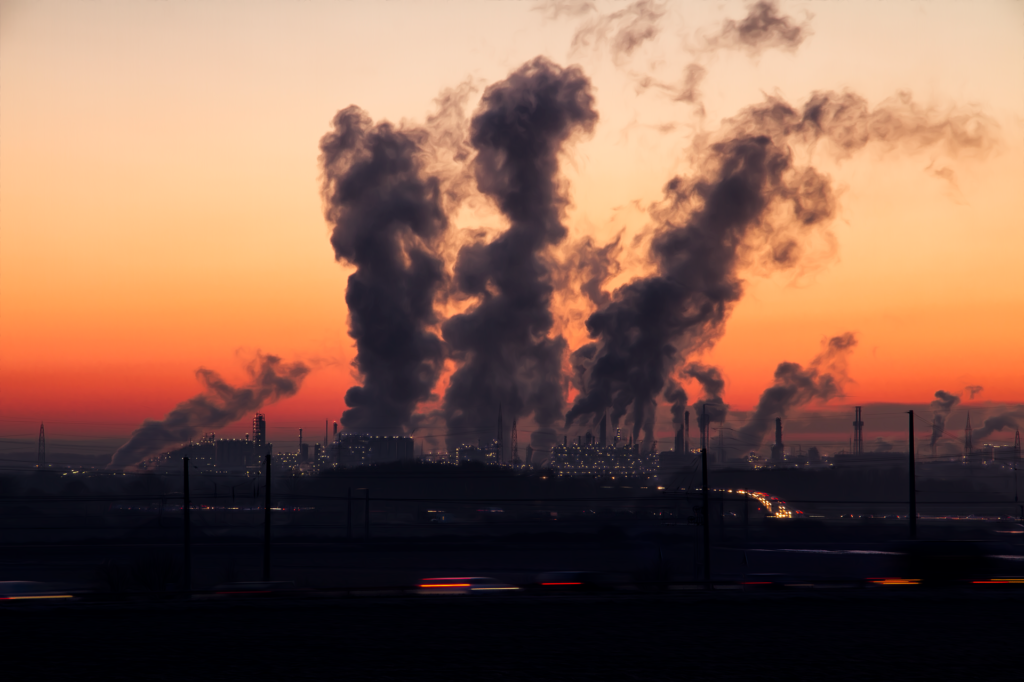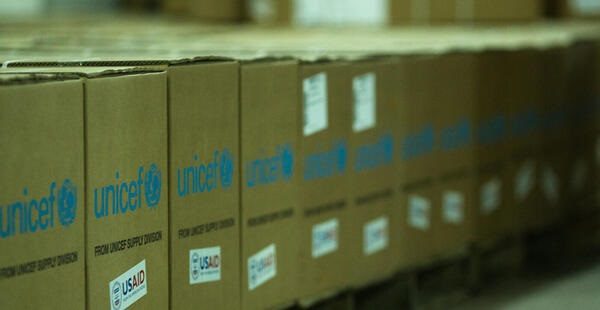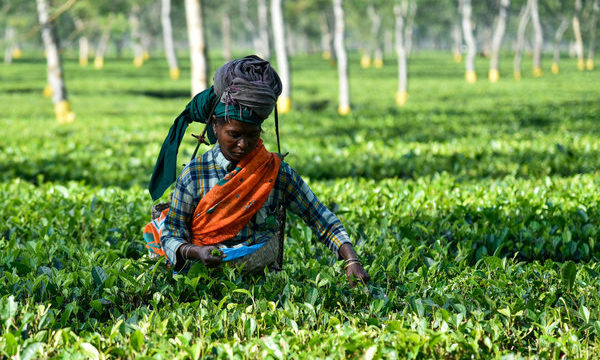Lawrence Alderson is the author of The Quest to Conserve Rare Breeds, to be published by CABI in August 2020.
Dealing with the immediate and urgent challenges posed by Covid-19 understandably dominates the news channels. It demands priority. A threat of such global severity has not been encountered in living memory, unless you can remember the Spanish flu pandemic in 1918-1919, although the Bubonic Plague (or Black Death) in the mid-fourteenth century (1347-1351) killed a greater proportion of the population. Such is the inequality (unfairness) of life that its effect will be catastrophic for many, less serious for others, while some of those whose conduct was irresponsible and selfish probably will escape unscathed.
However, in the process of recovery and rebuilding there may be an opportunity to learn lessons. A time to pause, reflect and re-evaluate the principles and ethics which dictate the conduct of our civilisation. I wonder if that opportunity will be used wisely. We have witnessed the lock-down of communities across the world with associated drastic reduction in industrial activity. The result – an amazing dilution (even disappearance) of atmospheric pollution in those areas. The ‘before’ and ‘after’ maps of China were dramatically revealing. Is it possible that world leaders will recognise that burning fossil fuels is the critical culprit leading to global warming and atmospheric pollution, and find an alternative source of energy? Is it conceivable that China and USA as the prime global polluters will take the chance to demonstrate responsible leadership?

Image: Pixabay
There are other major issues that any ‘new world’ concept should incorporate. Some doom-mongers predict global warming may make the Earth uninhabitable by 2050. That may be true if the rate of climate change exceeds expectations, but land degradation is an equally dangerous threat. At the current annual rate of 400 million hectares of crop land degradation and 24 billion tons of soil loss, the productivity of our functional terrestrial ecosystems will be insufficient to feed the 10 billion mouths (human) in 2050. The unsustainability of intensive systems of cultivation and production is the fundamental problem. They are a form of extremism which is a pernicious blight on modern civilisation, and a return to moderation must be an integral part of any long-term solution. Revised methods of crop production would reduce land degradation and soil loss. Replacing high-yield high-demand intensive livestock systems with locally-adapted native breeds would increase biodiversity and mitigate climate change. Relocating grazing livestock to extensive upland pastures not only would release fertile land for the direct production of food for humans (Poux & Aubert, 2018), but also would allow significant food production from grassland in the uplands which combats global warming through its efficient carbon sequestration capacity – a dual benefit from a simple policy revision. The future requires both political leaders and lowly cattle and sheep to play their part.
Further reading
Oldeman, L.R., Hakkeling, R.T.A. and Sombroek, W.G. 1991. World map of the status of human-induced soil degradation. An explanatory note. Second revised edition. ISRIC and UNEP, 34 p
Poux, X. & Roses, M. 2020. An agroecological Europe in 2050: multifunctional agriculture for healthy eating. Findings from the Ten Years for Agroecology (TYFA) modelling exercise. Iddri-ASca, Study N.09/18, Paris, France, 74p
Related News & Blogs
Keeping in touch: Digital technology and life in the time of Coronavirus
The development of digital technology has been rapid in recent decades as we step into the 5G/6G internet network generation. This technology has been particularly useful during the Covid-19 pandemic, when self-isolation and social distancing have been…
15 April 2021




